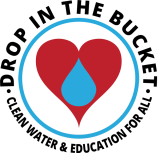Your Last Chance to Make a Difference in 2025
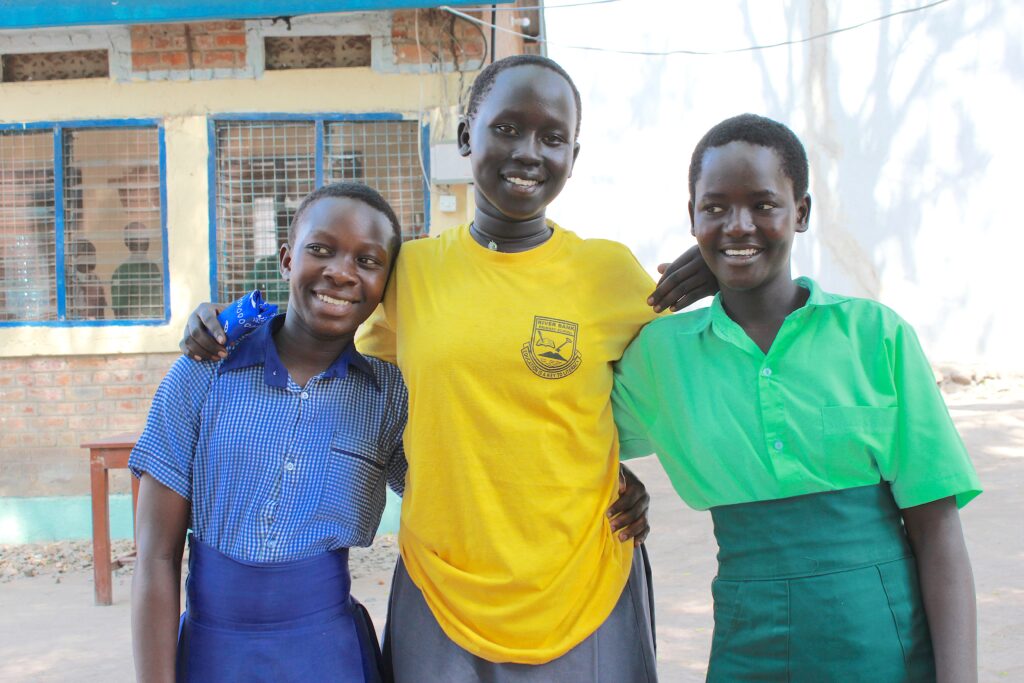
As 2025 comes to an end, we’re thinking less about resolutions – and more about what real change actually looks like. In Nimule, South Sudan, it looks like this: a girl who once missed school every month now fully present and participating in class; young woman, newly graduated, choosing to give back by becoming a […]
How a Well and a Village Savings Group Transformed a Village in Uganda
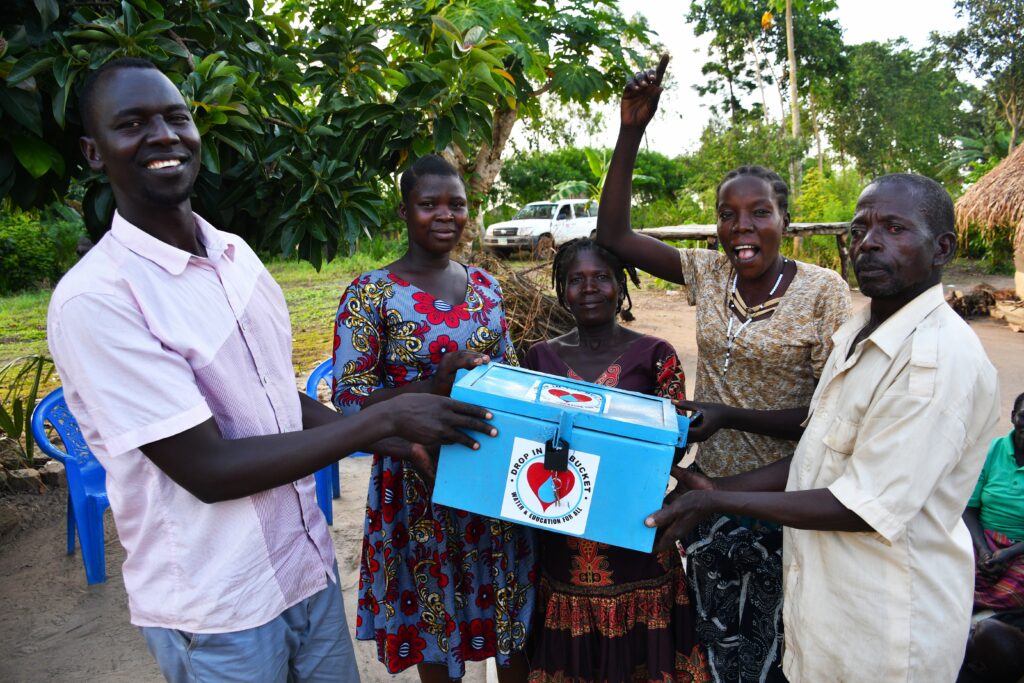
Things were finally starting to look up for Covenant Nursery and Primary School, a small village school in northern Uganda. For the first time, the school had electricity — a true achievement for a rural community. Electricity meant the classrooms had light, teachers could charge their phones, and staff no longer had to travel into […]
Lakwatomer Village: A New Borehole Changes Daily Life
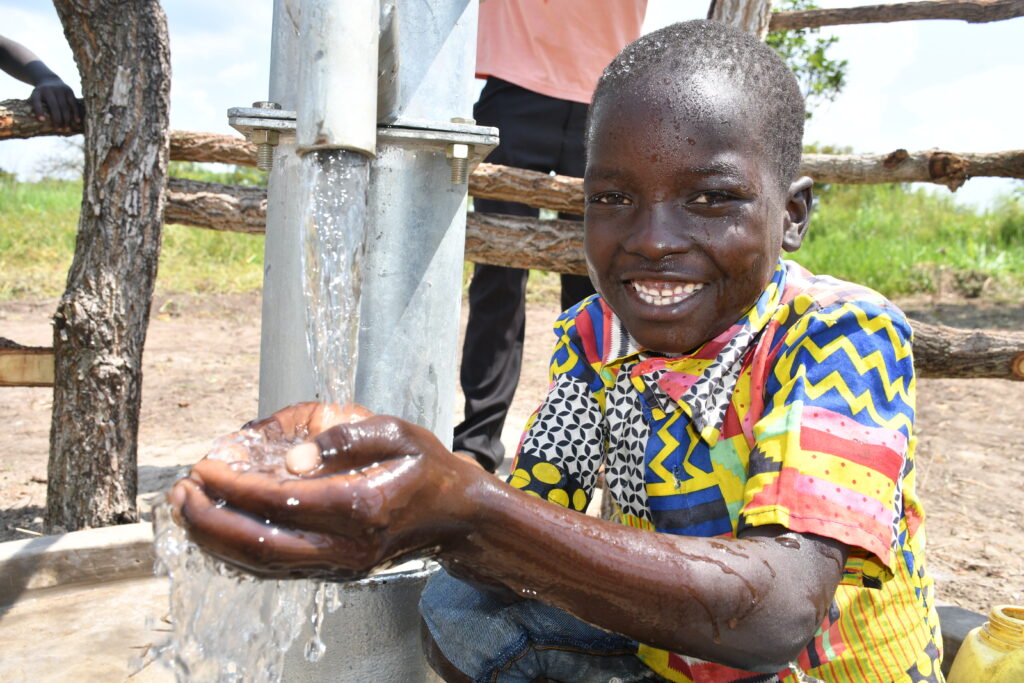
Lakwatomer Village and One Woman’s Fight for Clean Water Since the early 1980s, families in Lakwatomer village in Uganda have relied on a single hand-dug waterhole. In those days, few people lived in the area. “Back then, very few people lived here,” recalls Okello Okello. “But now, with new settlements, the population has increased and […]
Covenant Nursery and Primary School: How Clean Water Turned a Crisis Around
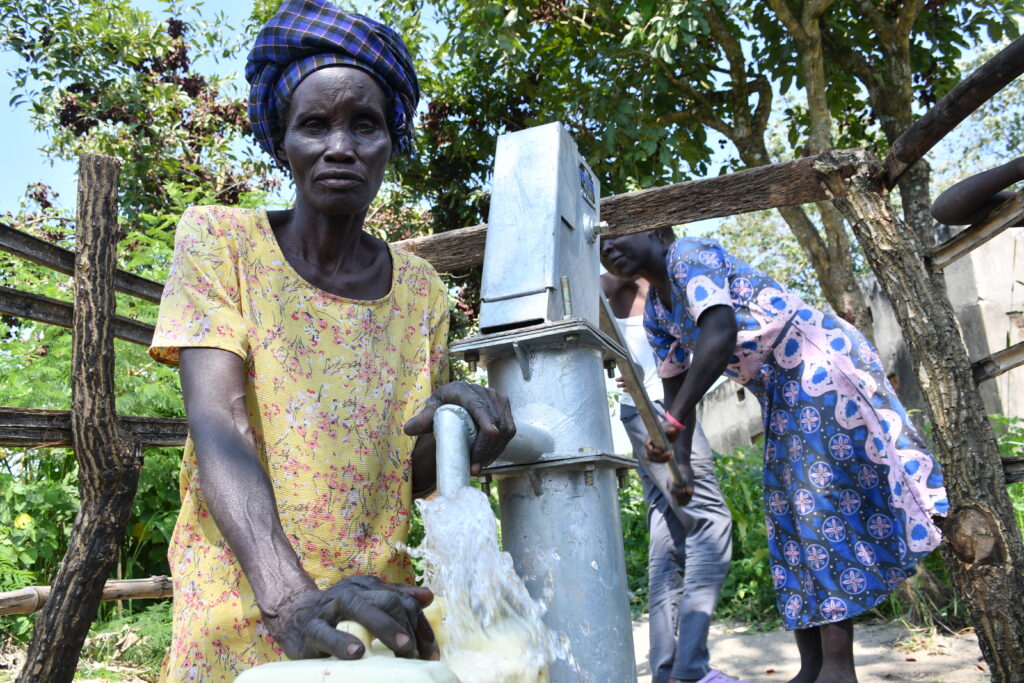
Things were finally starting to look up for Covenant Nursery and Primary School, a small village school in northern Uganda. For the first time, the school had electricity — a true achievement for a rural community.Electricity meant the classrooms had light, teachers could charge their phones, and staff no longer had to travel into town just to print […]
Paminano-A Cell: When Water Became a Currency—and How a Borehole Changed Everything
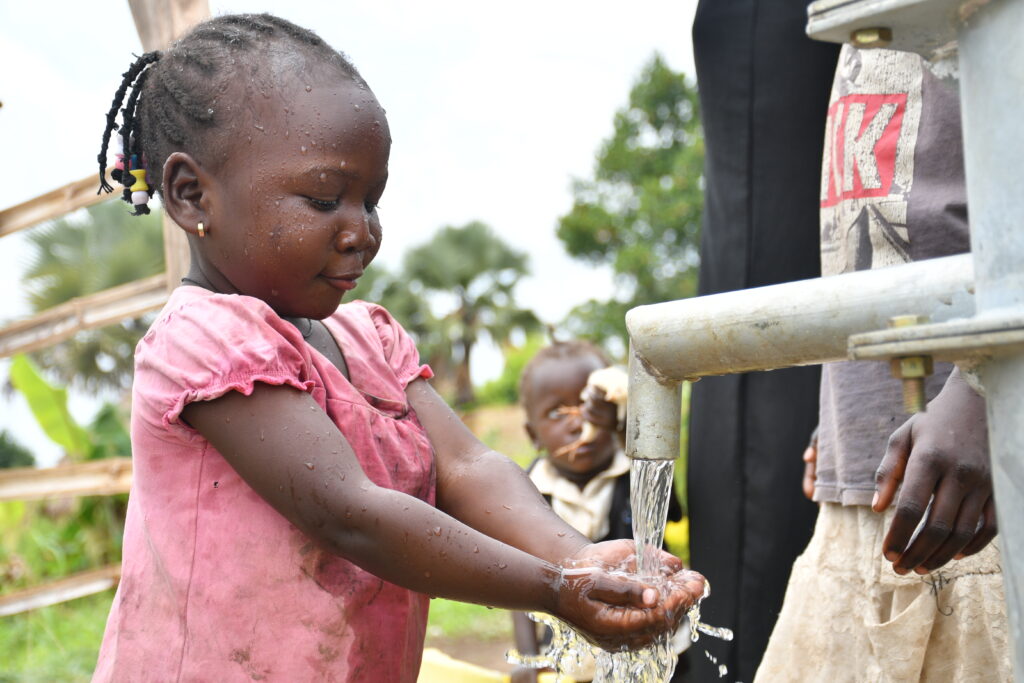
Paminano-A Cell is a small community in Uganda where the value of water once went far beyond thirst. During long stretches of scarcity—and even on ordinary days when the source failed—neighbors literally lent and borrowed water as if it was a currency. Some repayments even came with “interest.” This is the story of how a […]
“Rescue Your Husband” — How a VSLA Helped a Small Market Thrive in Bidin B

In the rural village of Bidin B, in northern Uganda’s Nwoya District, women and girls once spent hours each day walking long distances to fetch water—often from unsafe, open waterholes shared with livestock. This wasn’t just exhausting—it was time taken away from growing food, caring for children, or earning an income. For households already living […]
Nawangisa Primary School Where Walking For Water Presented Hidden Dangers
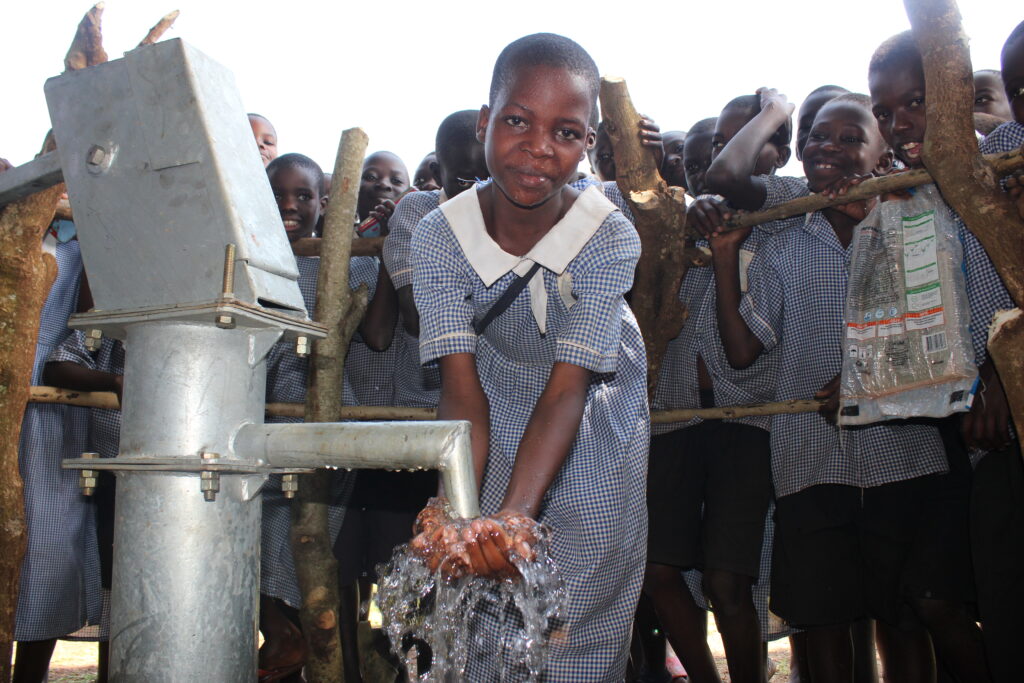
Edith Bajanga, head teacher of the Nawangisa primary school in Iganga, Uganda Nawangisa Primary School Where Walking For Water Presented Hidden Dangers The Nawangisa Primary School in Iganga, Uganda urgently needed a water well according to the head teacher Edith Bajanga. Without a clean water source, Nawangisa only had two options. The first was a […]
Layik A Village: From Tadpole-Infested Water to Clean, Safe Water
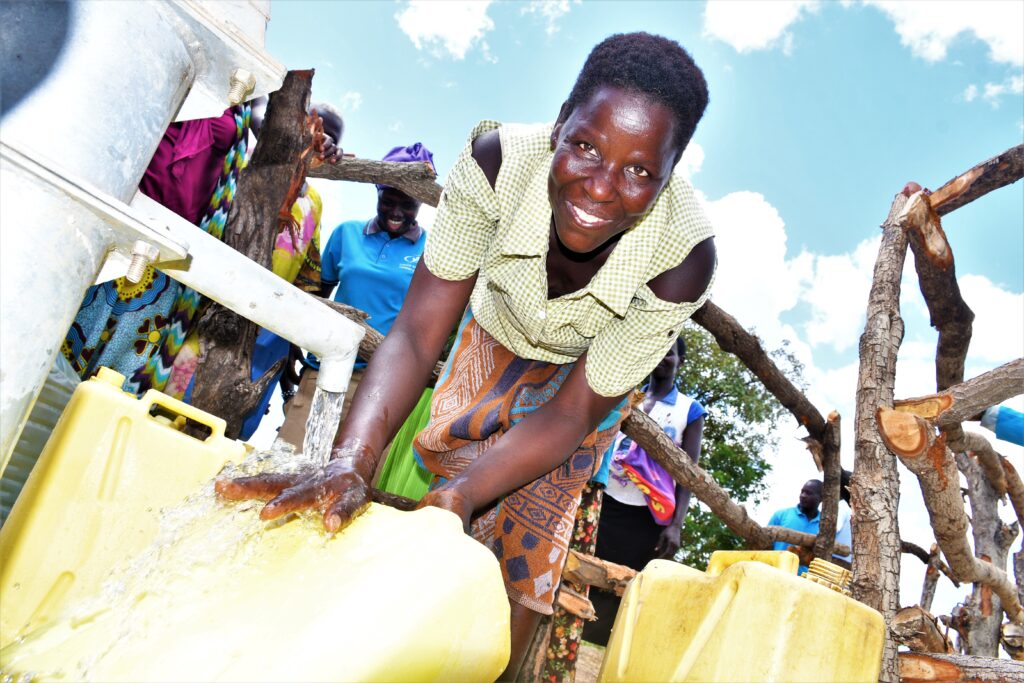
For generations, the remote community of Layik A in Gulu District depended on a hand-dug waterhole known locally as Wang Oburu. The waterhole was very old and stretched back many generations. For the village it had always been their only source of water. The villagers of Layik A watched as other villages and schools in […]
Clean Water Comes to Lamin Lawino Ogwari
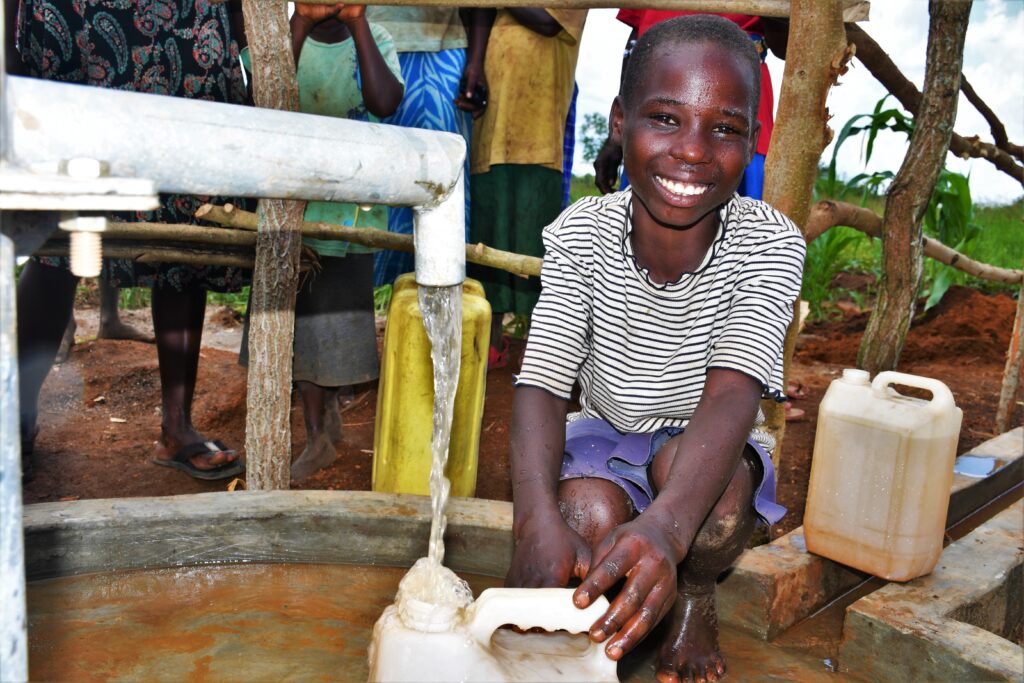
Omoro, Uganda: Lamin Lawino Ogwari village Until recently, the village of Lamin Lawino Ogwari in Omoro, Uganda suffered from a lack of clean water. Members of the the village walked long distances to a shallow waterhole that they shared with livestock. By the time they arrived, cows and goats were often standing in the pooled […]
Bukwaya Uganda – where the well provides clean water to a school and a busy health center
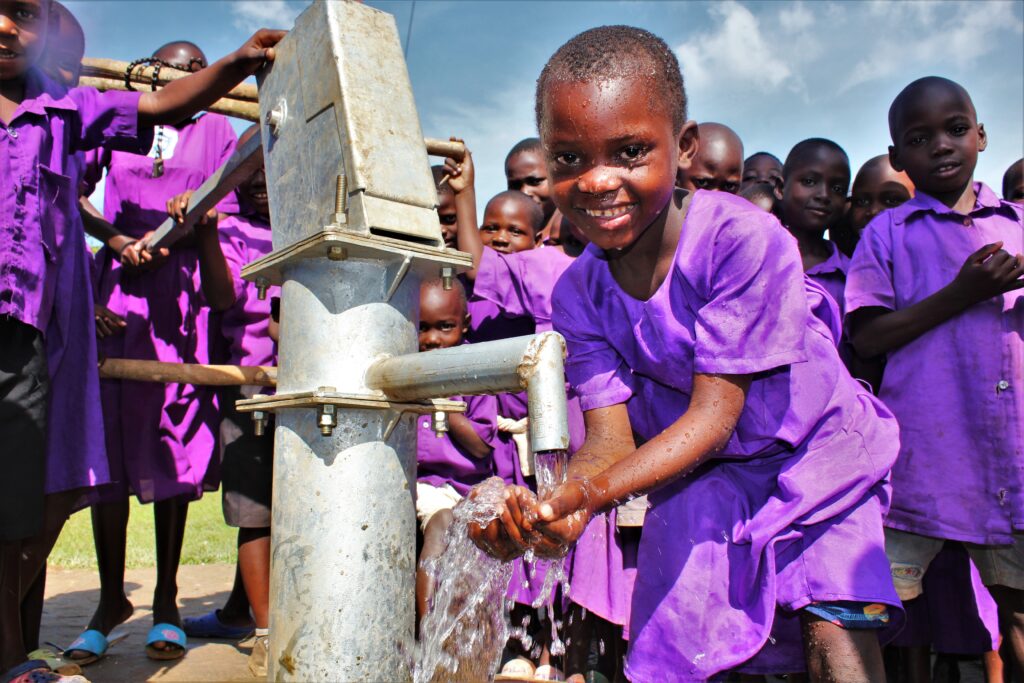
A New well at the Bukwaya Primary School Brings Clean Water to the School and a Busy Health Center II In the village of Bukwaya in Imanyiro, Uganda the Bukwaya Primary School sits just 60 meters from Bukwaya Health Center II, yet the nearest safe water point was one kilometer away. Any time someone at […]
